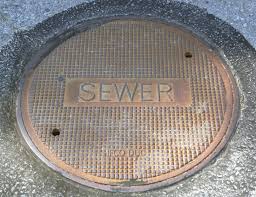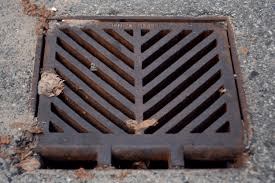Wastewater is the flow of used water discharged from homes, businesses, industries, commercial activities and institutions which is directed to treatment plants by a network of pipes.
A total of 8 wastewater treatment facilities in Haldimand County provide treatment of domestic, commercial, institutional and industrial wastewater.
Haldimand County staff are responsible for the maintenance and repair of the sanitary sewer system including sewer and lateral blockages, manhole repairs and flushing programs.



